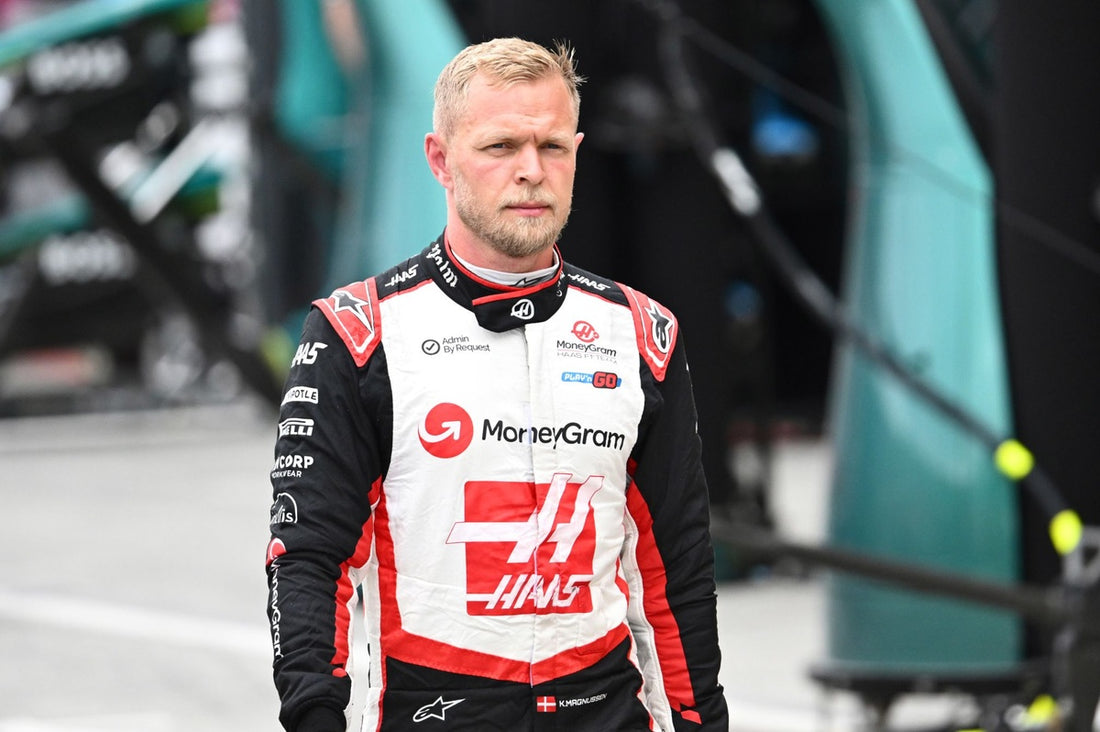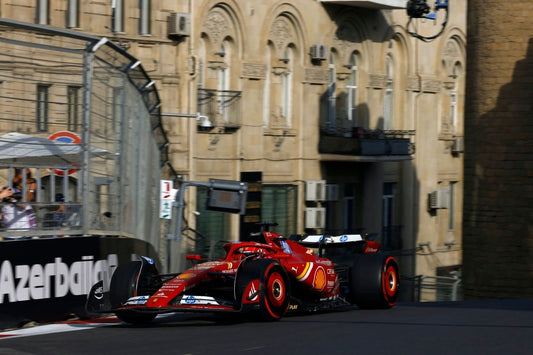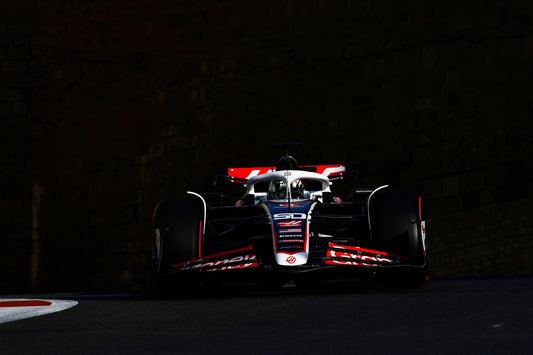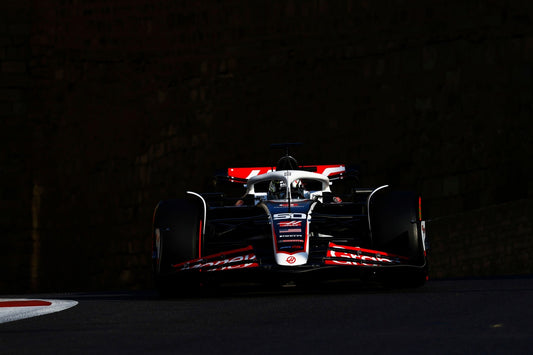Drivers demand F1 penalty system overhaul after Magnussen's Baku controversy
Manish
Formula 1's penalty point system has come under scrutiny following Kevin Magnussen's one-race ban for the Azerbaijan Grand Prix. The incident that triggered the ban, which occurred during the Italian Grand Prix, has been described as "harsh" by other drivers, highlighting the need for a review of the current system.
The Incident and Its Consequences
During the Italian Grand Prix, Magnussen made contact with Pierre Gasly at the Variante della Roggia while attempting an overtake. Although both drivers continued racing, Magnussen was handed a 10-second penalty and two penalty points on his superlicense. This penalty relegated him to 10th place and pushed him over the 12-point threshold, resulting in a ban for the upcoming Baku race.
Drivers' Reactions and Calls for Review
Many drivers, including Nico Hulkenberg and Pierre Gasly himself, have voiced their disagreement with the severity of the penalty. Hulkenberg described the incident as "fair and square racing" and suggested that the stewards may be too quick to intervene in minor contact situations. He emphasized the need for drivers to take risks during overtaking maneuvers and called for a review of the penalty guidelines.
The Broader Implications
The incident has sparked a broader discussion about the appropriateness of the current penalty point system in Formula 1. Yuki Tsunoda pointed out that the 12-point limit may be too restrictive for a 24-race season and suggested that penalty points should be applied on a case-by-case basis, particularly for infractions like track limits violations.
Balancing Act: Fairness and Safety
George Russell offered a nuanced perspective, acknowledging that while Magnussen's penalty seemed harsh in isolation, there may be a need for stricter punishment in cases of "erratic" driving. He highlighted that no driver has been banned for dangerous incidents in 12 years, raising questions about whether the current system is effective enough in deterring risky behavior.
Setting a Precedent for Junior Categories
Russell also emphasized the importance of setting a precedent for younger drivers in junior categories. By maintaining high standards in Formula 1, the sport can help shape the behavior and attitudes of aspiring racers in F4, F3, and F2, ensuring they develop good habits early in their careers.
As the debate continues, it's clear that Formula 1 needs to find a balance between allowing competitive racing and maintaining safety standards. The Magnussen incident has sparked an important conversation that could lead to meaningful changes in how penalties are applied in the sport's top tier.




